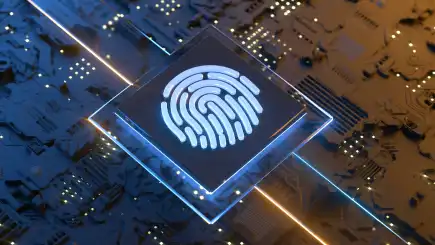Learn computer forensics with online courses and programs
What is computer forensics?
Computer (aka digital) forensics is a branch of forensics that deals with digital evidence and computer systems. It is the process of collecting, analyzing, and preserving electronic evidence from hard drives, operating systems, and cloud storage, to investigate and prevent both cybercrime and other crimes. Experts can also use computer forensics in a number of civil proceedings, including data recovery and audit trails, and a forensic analyst provides both information security and answers to legal issues.
Computer forensics requires a combination of technical skills, knowledge of legal procedures, and an analytical mindset. As cybercrimes and digital threats become more sophisticated, the role of computer forensics in security and law enforcement becomes increasingly important.

Browse online computer forensics courses New
Computer forensics course curriculum
Introductory courses in computer forensics provide a foundational understanding of the key concepts and practices in the field and may include topics such as basic terminology and an overview of processes. Learners may then move on to subjects that detail the techniques and tools for performing a digital forensics investigation to obtain data related to computer crimes.
Additional course topics may include the basics of cybersecurity, plus more advanced computer science information, for instance legal and ethical issues surrounding data collection.
Start building the knowledge you need to work in the computer forensics field with edX. Sign up for an accelerated boot camp or enroll in a full degree program and start working toward a bachelor's degree or (for more advanced learners) a master’s degree in a relevant subject. You can also explore executive education programs specifically designed for busy professionals.
Explore computer forensics jobs
Computer forensics is a dynamic, fast-changing field where you have to keep up with technology and acquire specialized skills to handle digital evidence, investigate cybercrimes, and ensure cybersecurity. It offers career opportunities where you could have the chance to do important work, such as:
Digital forensics analyst: Examines digital devices to uncover cybercrimes and other evidence.
First responder to cyberattacks: Contains threats and gathers evidence.
Software analyst: Specializes in malware analysis and figures out how computer viruses work.
Cybersecurity analyst: Helps organizations implement their cybersecurity systems.
Specialist law enforcement officer: Focuses on solving cybercrimes.
Legal consultant: Works with lawyers and investigators to solve cybercrimes.
Build the knowledge and skills you need and start learning with edX.
Last updated
